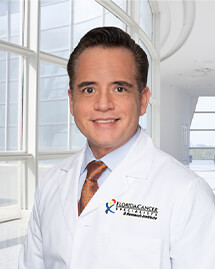Cost of Drug Wastage From Dose Modification and Discontinuation of Oral Anticancer Drugs
An interesting study showing that, on average, a cancer patient wastes >$4000 on unused drugs due to discontinuation of oral agents or dose modifications. Allowing a safe recycling method for patients to submit unused drugs could save a lot of wasted healthcare dollars.
